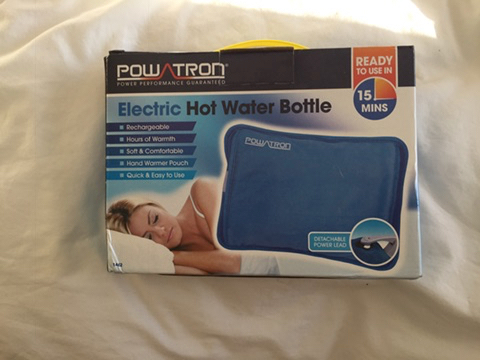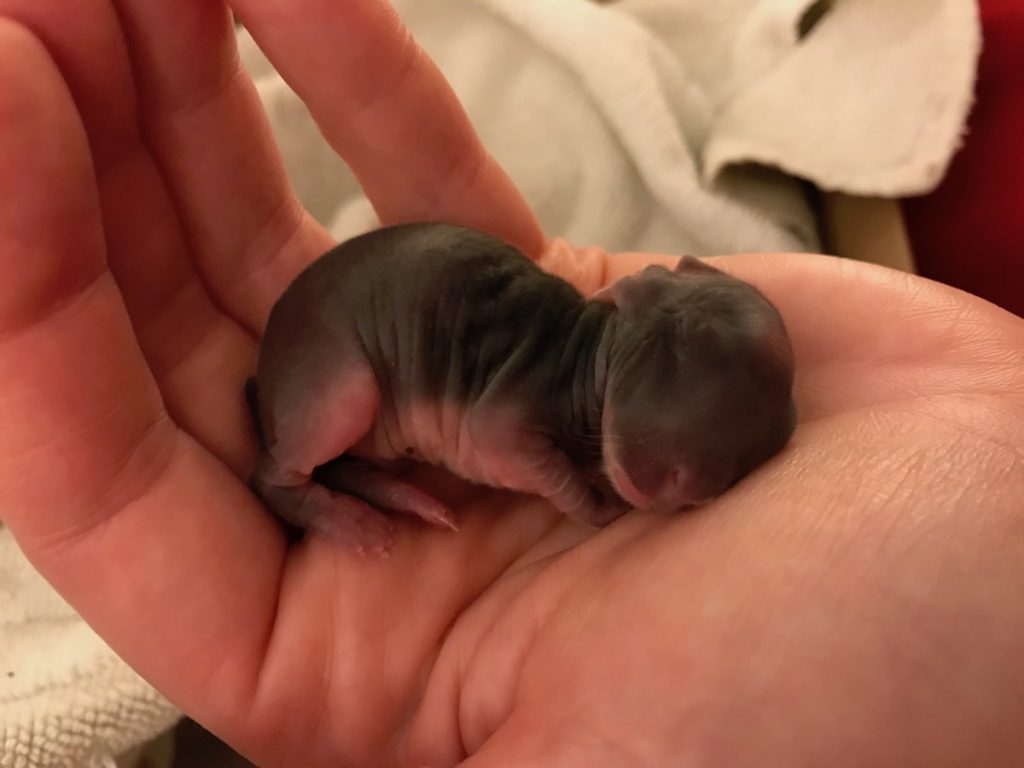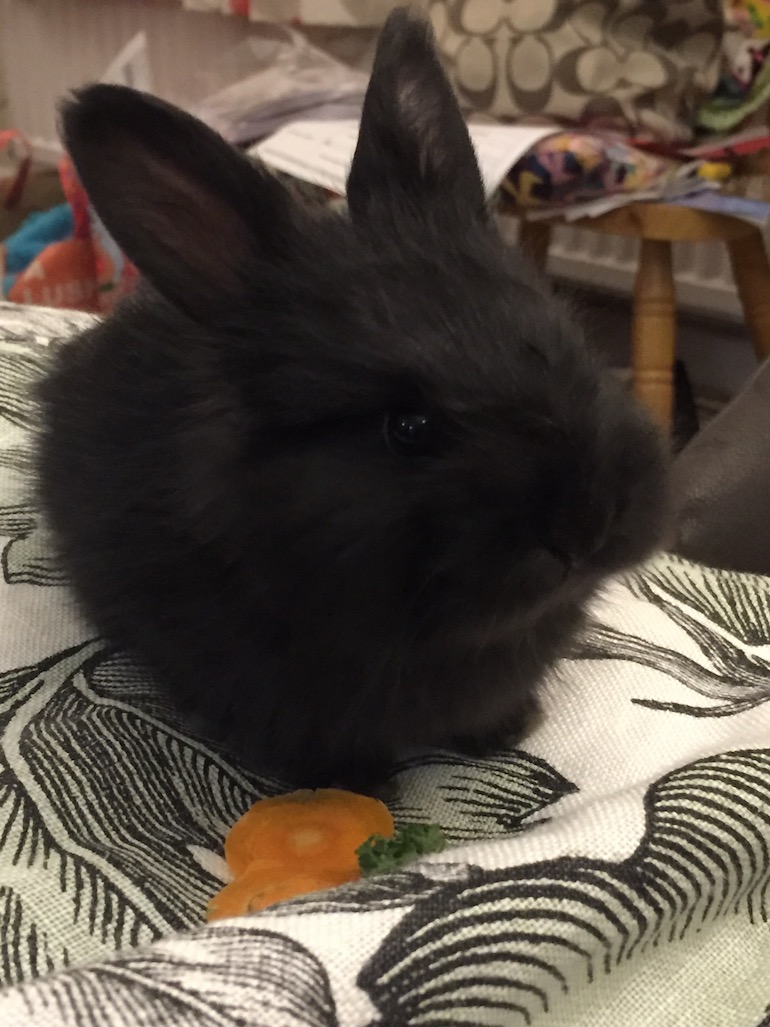Things to consider prior to breeding Angoras
Most births go well. However it is important to be prepared for one or more of the following:
- Abandoned babies by their mother
- Inexperienced mothers who over zealously clean their babies
- Too large a litter. The mother cannot cope and abandons one or more of the babies
- Mother dies after giving birth
- Babies with birth defects
- Stillborn babies
Precautions to take
- Have spare wool from the mother to make a nest in a small box of clean cut up wool fibres
- Consider mating more than one rabbit at the same time so they may be able to act as a foster mother if they have babies at the same time
- Do not breed Angora rabbits that are too closely related to reduce the chance of genetic problems
- Do not breed from Angoras that are too young or too old
- Do not disturb the female rabbit while it is giving birth or in the first week of having babies unless there is a problem
Equipment to have to hand if hand rearing
- Have a supply of small hot water bottles, towels, syringes or pipette feeders in case you need to hand rear
- Most important thing is to ensure that babies are kept warm and dry and in a safe place if hand rearing
What if the mother dies after giving birth or rejects the babies?
- The success rate of hand rearing baby Angoras is quite low for the first 2 weeks as they really do need their mother’s milk
- It is not impossible and can be done as a last resort if the birth mother has a problem after giving birth
- Using a foster female rabbit is often the more successful approach, if they are producing milk and have babies of a similar age.
Problems with hand rearing
- Having successfully hand reared baby Angoras, some of the rabbits have some unusual traits not found in naturally raised Angora rabbits
- Hand raised Angora rabbits tend to be human focused and recognise and associate with people over other rabbits
- They also tend to lack the socialising skills of rabbits and prefer people
- They can lack the ability to keep themselves clean, as this is something they would learn from their mothers who initially would clean them
- They usually lose the coat quality due to being handled and this can also be a side effect from a lower nutrient diet as they lack the nutrients from the mother’s milk
- They will usually make good pet rabbits, but will rarely be of show standard



